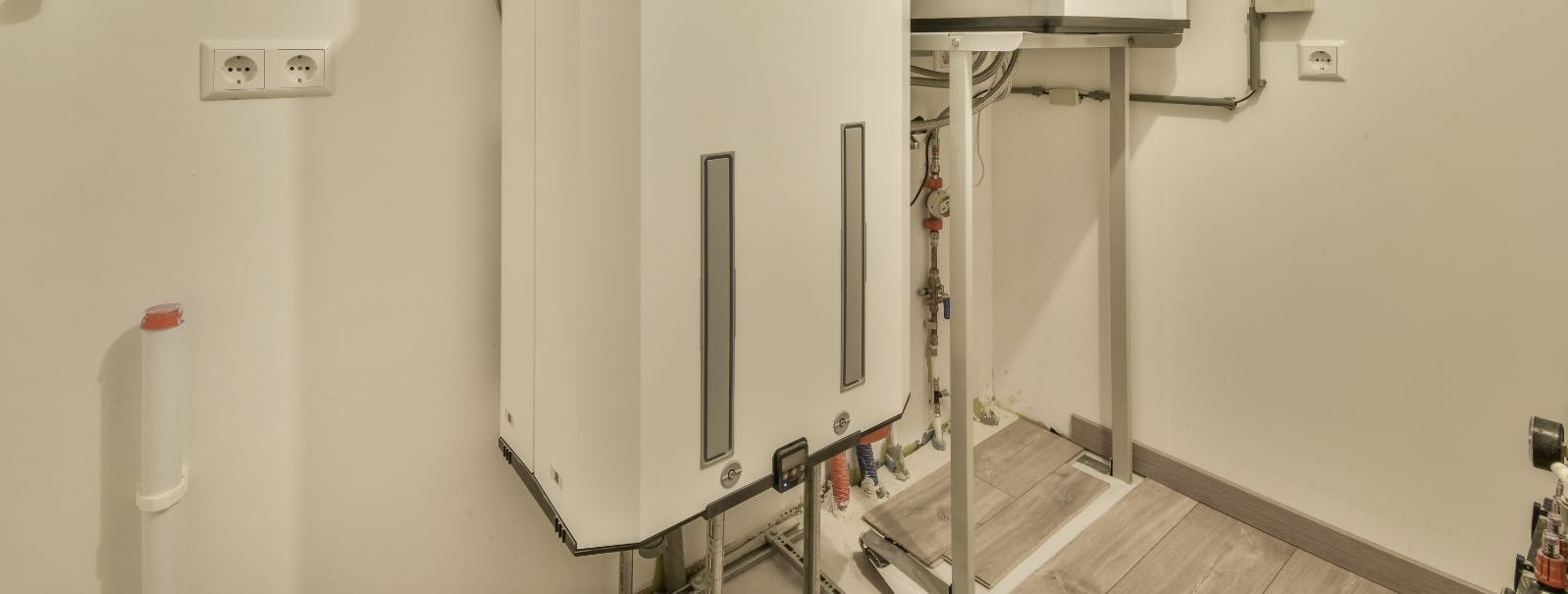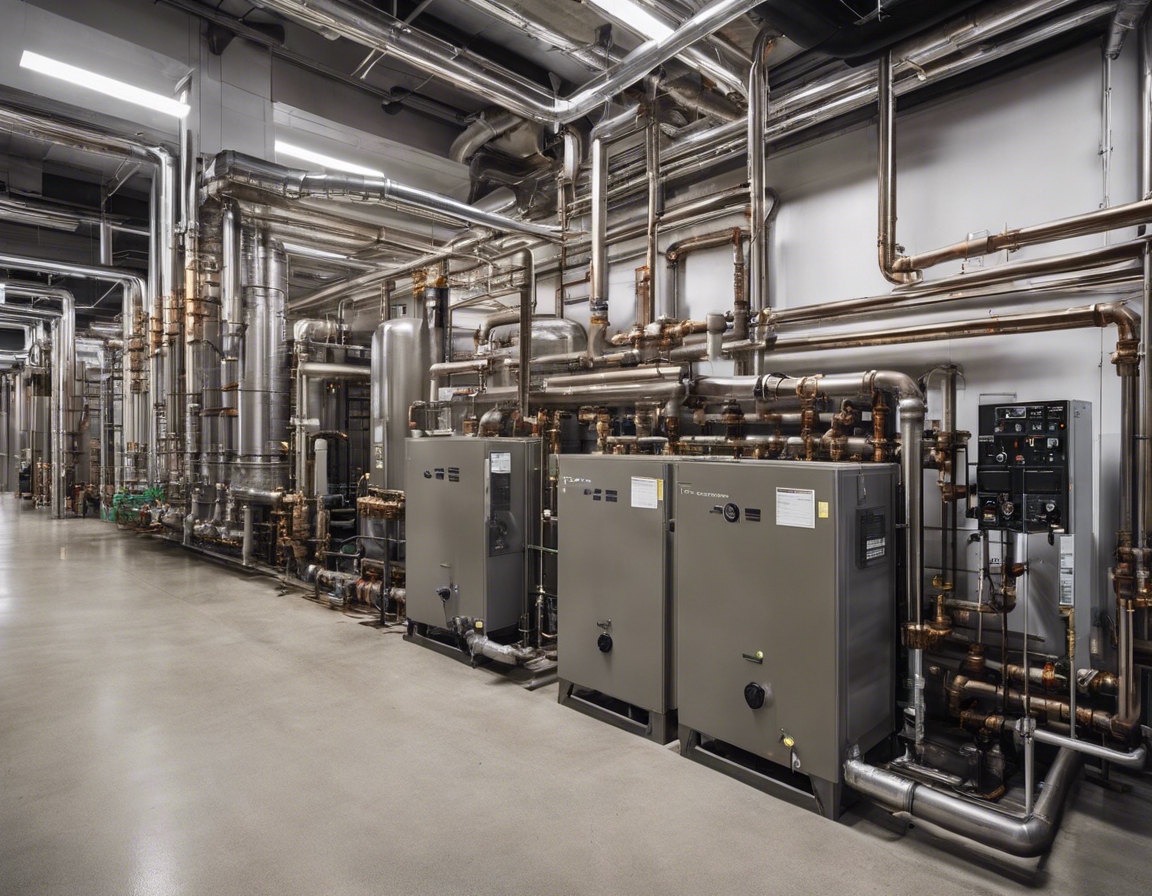The future of heating systems in commercial construction
As we look towards the future of commercial construction, heating systems play a pivotal role in both the comfort and sustainability of commercial buildings. The evolution of heating technologies has been driven by the need for efficiency, cost-effectiveness, and environmental responsibility.
From traditional boilers to radiant floors, heating technologies have undergone significant changes. Innovations have focused on reducing energy consumption and emissions while enhancing user comfort and control.
Current trends include the use of high-efficiency boilers, infrared heating, and the integration of HVAC systems with building management systems for optimized performance.
Emerging Technologies in Heating Systems
The future of heating in commercial construction is being shaped by several emerging technologies that promise to revolutionize the industry.
Renewable energy sources such as solar and biomass are becoming increasingly viable options for commercial heating, reducing reliance on fossil fuels and decreasing carbon footprints.
Smart thermostats and building automation systems allow for precise control and monitoring of heating systems, leading to enhanced energy management and cost savings.
Heat pumps and geothermal systems offer efficient heating and cooling by transferring heat between the building and the ground or air, significantly reducing energy use.
Integration of Heating Systems with Building Design
Modern heating systems are no longer standalone units but are integrated into the fabric of building design, contributing to the overall energy efficiency and functionality of commercial spaces.
Building codes are increasingly mandating higher energy efficiency standards, which directly influence the design and selection of heating systems in new commercial construction.
Heating systems play a crucial role in achieving green building certifications such as LEED, with a focus on sustainable design and operation.
Challenges and Considerations for Future Heating Systems
While the future is bright for heating technologies, there are challenges and considerations that must be addressed to ensure their successful implementation.
The upfront costs of advanced heating systems can be a barrier, though long-term savings and incentives can offset these initial investments.
Heating systems must be adaptable to different building sizes and uses, and scalable to accommodate future growth or changes in use.
Compliance with local, national, and international regulations is essential for the adoption of new heating technologies in commercial construction.
Advancements in Heating System Installation and Maintenance
The installation and maintenance of heating systems are also undergoing changes, with new techniques and technologies improving efficiency and reliability.
Modular construction and prefabrication are streamlining the installation process, reducing on-site time and labor costs.
The Internet of Things (IoT) is enabling predictive maintenance, with sensors and analytics predicting system failures before they occur, thus minimizing downtime and repair costs.






Comments (0)